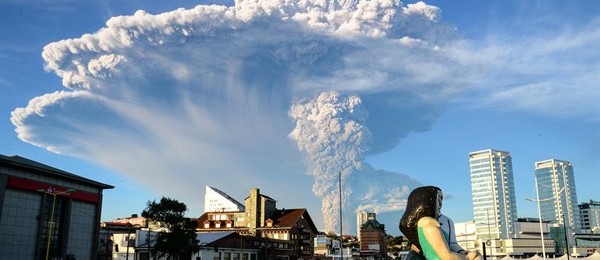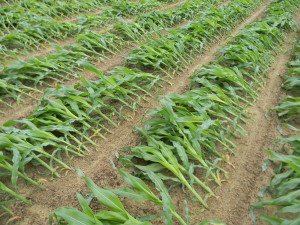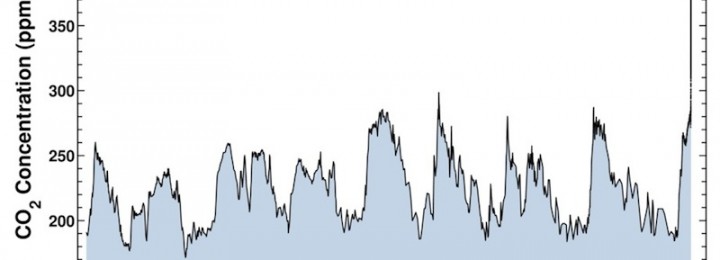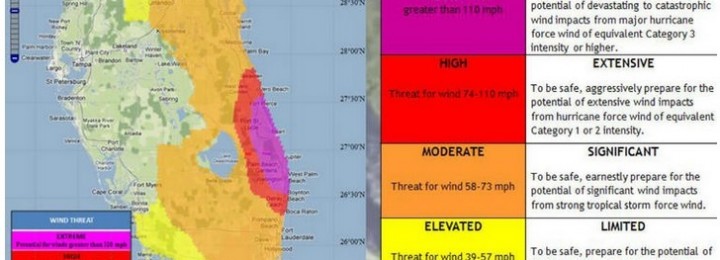Pam Knox
-

There have been some spectacular videos and photos of the latest volcanic eruption to occur: Calbuco in southern Chile. Climatologists have been watching the eruption closely to see what climate impacts, if any, will occur due to the eruption. Big volcanic eruptions are known to shoot sulfuric acid high into the atmosphere where it forms…
-

This week marks the one-year anniversary of this blog. I’ve enjoyed sharing stories and news articles with you and appreciate all of my regular subscribers as well as all our visitors. If you have an interesting image or story to share, please send it to me and I will consider adding it to the blog.…
-

A recent satellite-derived image from NASA published this week shows the deviation of vegetation from average “greenness”. This is a measure of how healthy and abundant the vegetation is at this point in time. You can see the big red area over the Southeast indicating that vegetation is behind normal conditions, or “less green” than…
-

With all the rain we have had lately, there have been many negative impacts on crops, both in the Southeast and in other parts of the country. Here are a few of the stories I have seen. Rome Ethredge of Seminole County E News pointed out that not only did the rains make it hard…
-

The latest National Drought Monitor was released today and shows that due to the heavy rains that have fallen across most of the Southeast, most of the drought in Alabama and all of Georgia was eliminated, with just a small patch of moderate drought remaining in southeast Alabama. Some residual abnormally dry conditions remain but are…
-

Jeff Masters of Weather Underground posted a new blog this week noting that measurements of carbon dioxide in the atmosphere show that for the first time in the last 800,000 years the carbon dioxide levels in the atmosphere reached 404 parts per million. You can read his post here. Carbon dioxide has been measured directly…
-

The National Weather Service has announced that they will be providing a new interactive map service to highlight impacts from hurricanes this tropical season. The site is still under development, but they hope to have it running by June 1, the start of the tropical season in the Atlantic, although it could be delayed. The…
Posted in: Climate and Ag in the news